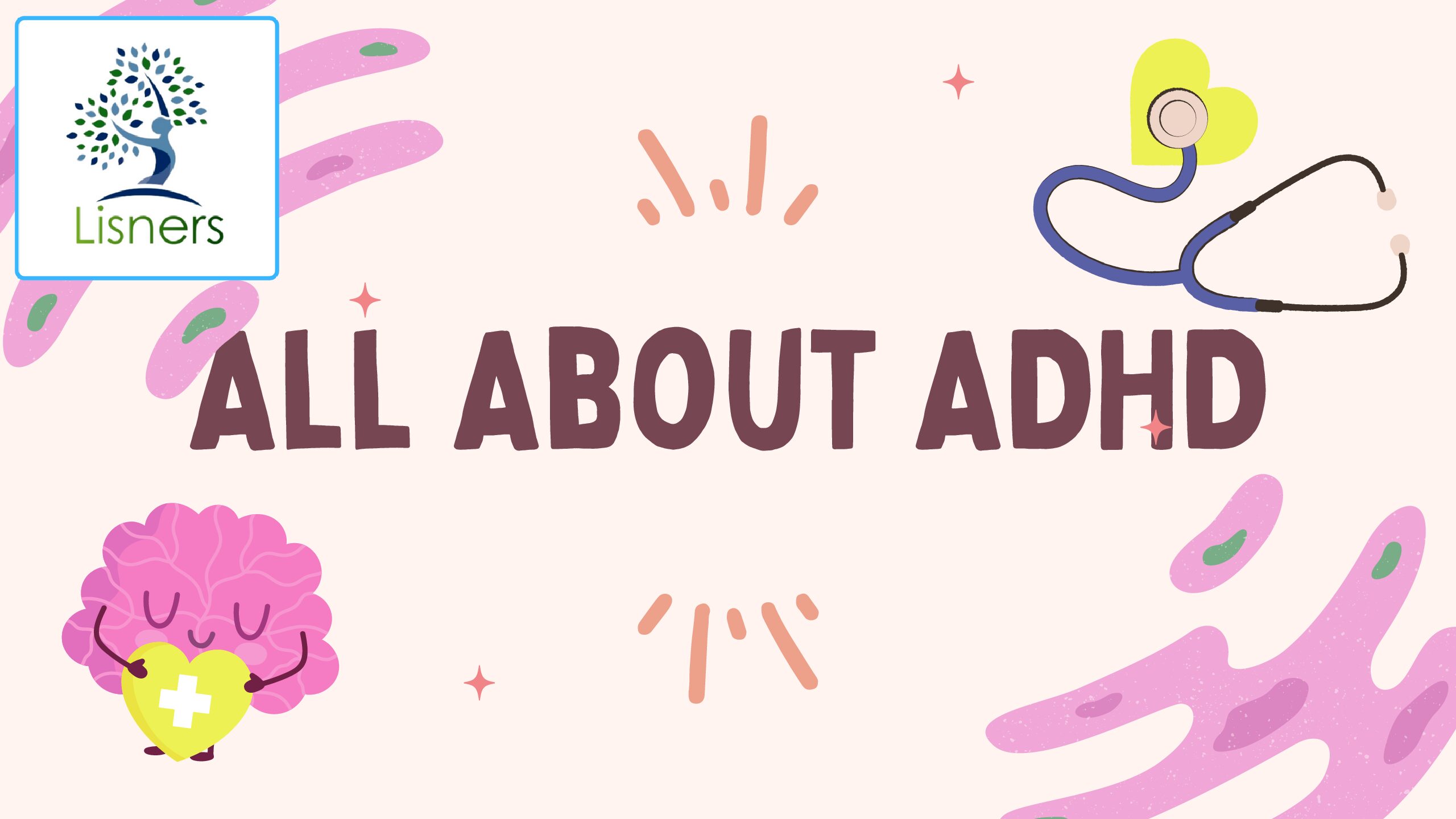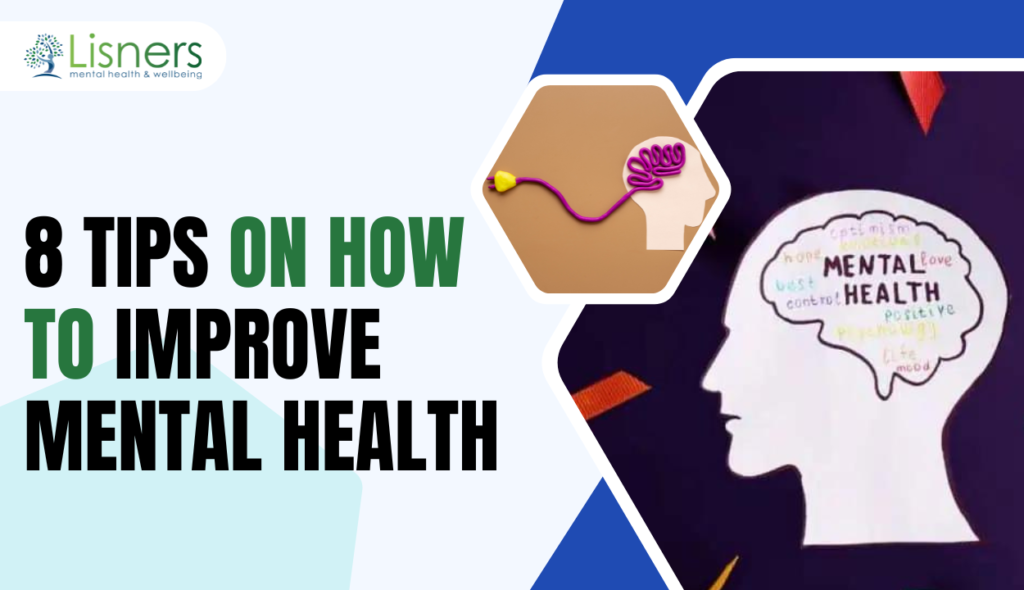This article will discuss what borderline personality disorder is, the symptoms of this disorder, and how to help someone with it.
What is Borderline Personality Disorder?
Borderline personality disorder is a psychiatric condition that is characterized by impulsivity, instability, and intense emotions. People with this disorder often have difficulty maintaining relationships, and may experience episodes of self-harm or suicidal behavior. While there is no cure for borderline personality disorder, there are treatments that can help manage symptoms and improve functioning. If you think you or someone you know may have borderline personality disorder, it is important to seek professional help.
Types of the Borderline Personality Disorder
There are four types of borderline personality disorder, each with their own set of symptoms. The four types are:
1. Discouraged borderline personality disorder: This is characterized by feelings of hopelessness and despair. People with this type of disorder may also have issues with substance abuse and self-harm.
2. Impulsive borderline personality disorder: This type is characterized by impulsive behaviors, such as spending too much money, engaging in risky sex, or gambling. People with this type of disorder may also have problems with relationships and self-harm.
3. Petulant borderline personality disorder: This type is characterized by angry outbursts and a need for revenge. People with this type of disorder may also engage in self-destructive behaviors, such as drug use or promiscuity.
4. Self-destructive borderline personality disorder: This is the most dangerous type of the disorder, as it is characterized by a desire to harm oneself. People with this type of disorder may attempt or succeed in suicide.
Causes of the Borderline Personality Disorder
There is no one specific cause of borderline personality disorder. However, there are several risk factors that may contribute to the development of the disorder. These include:
• Family history: People with a family member who has borderline personality disorder are more likely to develop the condition themselves.
• Traumatic experiences: Individuals who have experienced trauma, such as abuse or neglect, are at increased risk for developing borderline personality disorder.
• Brain structure: Some studies suggest that there may be abnormalities in the way the brain is structured in people with borderline personality disorder.
If you or someone you know is struggling with borderline personality disorder, it’s important to seek professional help. There are many effective treatments available that can help manage the symptoms of the disorder and improve quality of life.
Ways to deal with Borderline Personality Disorder
If you have borderline personality disorder, you may feel like you’re on a roller coaster of emotions. You may feel happy one minute and depressed the next. You may have periods of intense anxiety or anger. These mood swings can be so extreme that they interfere with your daily life.
But there are ways to deal with borderline personality disorder. With treatment, you can learn to manage your emotions and live a more stable life.
If you have borderline personality disorder, medication may be part of your treatment. Medication can help stabilize your moods and relieve symptoms such as anxiety, depression, and impulsiveness.
Therapy is another important part of treatment for borderline personality disorder. In therapy, you can learn skills to help you control your emotions and relate to others in healthier ways. Family therapy or group therapy may also be helpful.
Borderline personality disorder can be a very difficult disorder to deal with, but with treatment, it is possible to improve your symptoms and live a healthier life.
Conclusion
If you’re struggling with borderline personality disorder, know that you’re not alone. This mental illness is complex and can be difficult to manage, but there are treatments available that can help you cope. If you think you might be dealing with borderline personality disorder, reach out to a mental health professional for an evaluation. With the right diagnosis and treatment plan, you can start working towards a happier and healthier life.
(The Author is founder & CEO at Lisners, a tech led mental health android application catering to mental health crisis in India)







